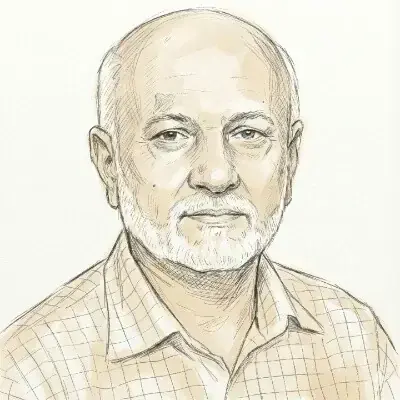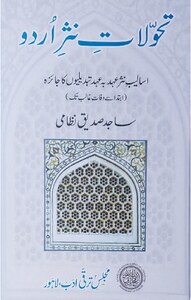ISLAMABAD: The International Maize and Wheat Improvement Centre (CIMMYT) says self-sufficiency in wheat production is now more attainable for Pakistan with the release of 31 wheat varieties since 2021 which will help the country’s 9 million hectares of cultivated wheat fields become more productive, climate resilient and disease resistant.
The varieties, a selection of 30 bread wheat and one durum wheat, 26 of which developed from wheat germ-plasm provided by the Mexico-based International Maize and Wheat Improvement Center (CIMMYT) were selected after rigorous testing of international nurseries and field trials by partners across Pakistan, according to Dr Thakur P. Tiwari, Country Representative of CIMMYT, Pakistan.
During this period, three bread wheat varieties were also developed from local breeding programmes and two varieties (one each of durum and bread wheat) were also developed from the germ-plasm provided by the Beirut-based research institute International Center for Agricultural Research in the Dry Areas (ICARDA).
These efforts are moving Pakistan closer to its goal of improving food and nutrition security through wheat production, as outlined in the Pakistan ‘Vision 2025’ and ‘Vision for Agriculture 2030’.
International Maize and Wheat Improvement Centre says country released 31 seed varieties since 2021
Releasing a new variety is only the first step in changing the course of Pakistan’s wheat crop. The next step is delivering these new, quality seeds to markets quickly so farmers can realise the benefits as soon as possible, he said.
Increasing evidence suggests the public sector cannot disseminate enough seeds alone; new policies must create an attractive environment for private sector partners and entrepreneurs.
Over multiple years and locations, the new varieties have exhibited a yield potential of 5 to 20 per cent higher than current popular varieties for their respective regions and also feature excellent grain quality and attainable yields of over seven tons per hectare.
The new crop of the varieties exhibits impressive resistance to leaf and yellow rusts, compatibility with wheat-rice and wheat-cotton farming systems, and resilience to stressors such as drought and heat.
Malnutrition is rampant in Pakistan and the release of bio-fortified wheat varieties with higher zinc content will help mitigate its deleterious effects, especially among children and women. ‘Akbar-2019’, a bio-fortified variety released in 2019, is now cultivated on nearly 3.25 million hectares. Farmers like ‘Akbar-2019’ because of its 8 to 10 per cent higher yields, rust resistance, and consumers report its good chapati (an unleavened flatbread) quality.
“It is gratifying seeing these new varieties resulting from collaborative projects between Pakistani wheat breeding programmes and CIMMYT along with funding support from various donors (USAID, Bill & Melinda Gates Foundation, and Foreign, Commonwealth and Development Office (FCDO) of the United Kingdom and the Pakistan government,” said Ravi Singh, wheat expert and senior adviser at CIMMYT headquartered in Mexico.
Strengthening and diversifying seed production of newly released varieties can be done by decentralising seed marketing and distribution systems and engaging both public and private sector actors. Marketing and training efforts need to be improved for women, who are mostly responsible for household level seed production and seed care.
A concerted effort to disseminate the improved seed is required, along with implementing conservation agriculture based sustainable intensification, to help Pakistan’s journey to self-sufficiency in wheat production, he said.
Published in Dawn, July 14th, 2023
































